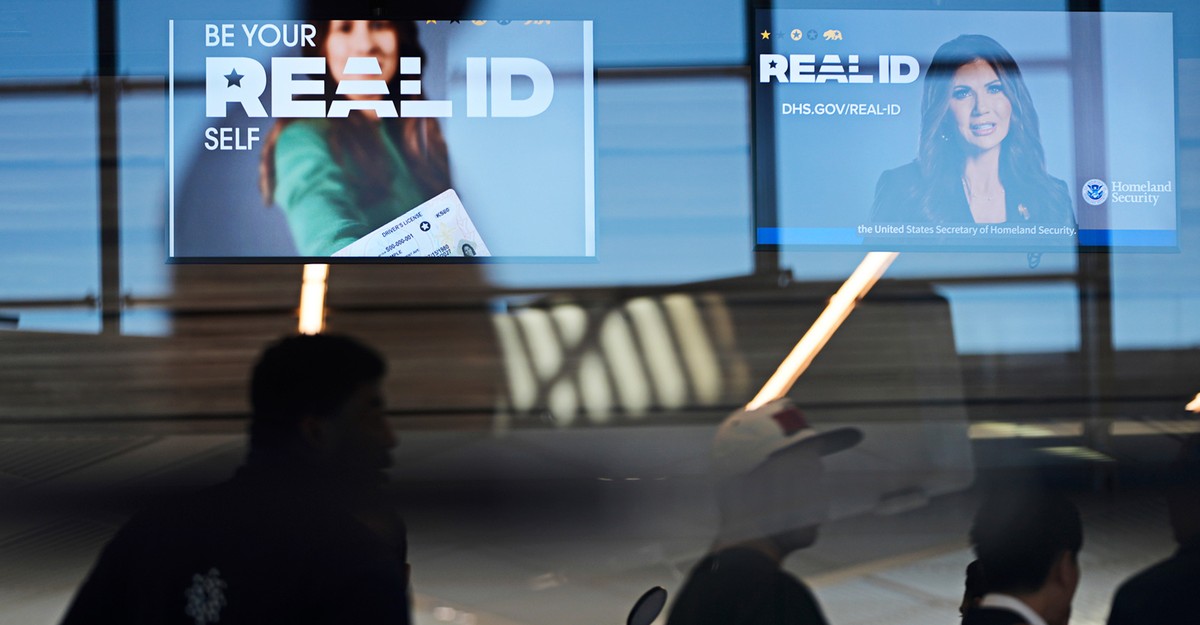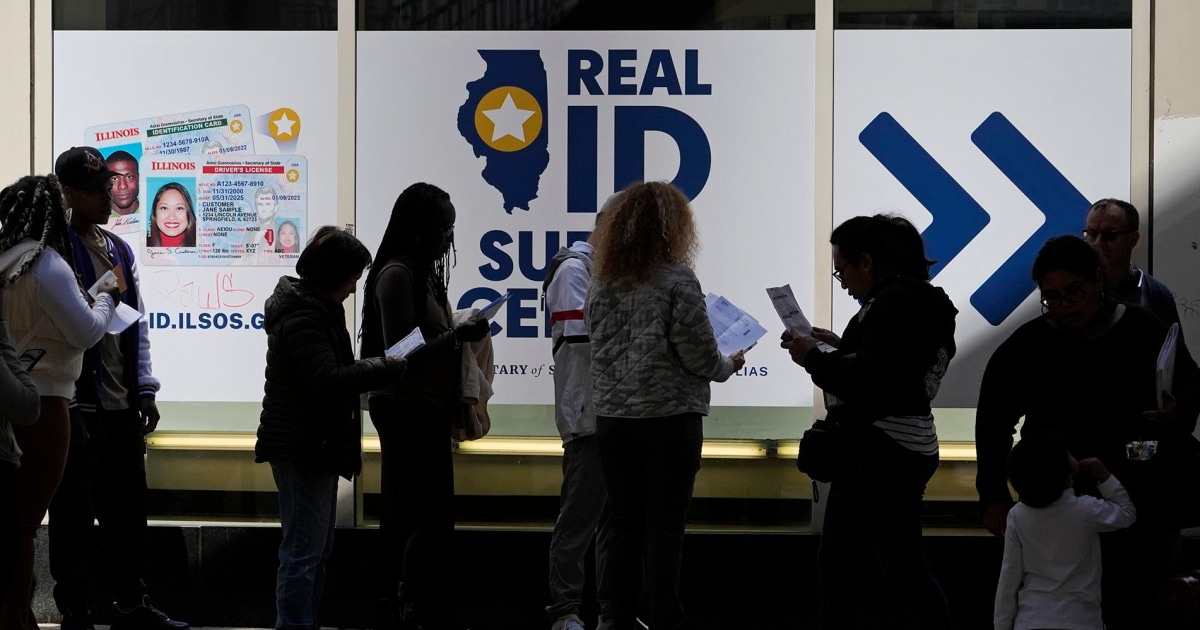The Real ID Act, a contentious piece of legislation, has stirred significant debate since its inception 20 years ago. Initially proposed as a security measure in response to the 9/11 terror attacks, Real ID aimed to enhance identification requirements for air travel within the United States. With its enforcement now coming into effect, the implications of this legislation are resurfacing with renewed scrutiny.
At its core, the Real ID Act mandates that individuals must possess a Real ID-compliant driver's license or an alternative government-approved identity card to board domestic flights. Failure to meet these requirements could result in travelers facing additional screening measures or even being unable to fly. The Act's proponents argue that it is a necessary step to bolster national security and prevent potential threats by ensuring rigorous identification verification.
However, critics of the Real ID Act view it as an intrusion on privacy and civil liberties. The Act's approach is based on the assumption that all Americans are potential security risks until proven otherwise, raising concerns about the erosion of individual freedoms in the name of security measures. The Act's implementation has also highlighted the disparities in access to transportation for individuals who may not meet the Real ID standards, potentially creating a two-tiered travel system.
Moreover, the enforcement of Real ID has raised constitutional questions regarding the right to travel and the balance between security measures and individual rights. The Act's requirement for enhanced identification for air travel, while not extended to other modes of transportation like trains, has sparked debates on equal protection under the law and proportionality in government actions.
The Real ID Act's journey to implementation has been marked by delays, opposition from states, and concerns about the potential abuse of power by authorities. The Act's recent enforcement has also faced criticism for its perceived lack of clarity and specificity in enforcement measures. The Trump administration's handling of Real ID enforcement has further complicated the issue, with a shift in focus towards immigration control rather than counterterrorism objectives, drawing backlash from civil libertarians and privacy advocates.
As the Real ID Act takes effect, its impact on travel, privacy, and constitutional rights continues to be a subject of contention and scrutiny. The Act's proponents argue that it is a necessary tool for enhancing security measures, while its critics raise concerns about government overreach, discrimination, and the erosion of individual freedoms. The debate surrounding the Real ID Act underscores the complex intersection of security, privacy, and civil liberties in a post-9/11 world.
In conclusion, the Real ID Act represents a significant and ongoing discussion in the realm of national security, privacy, and individual rights. Its implementation and enforcement raise important questions about the balance between security measures and civil liberties in a democratic society. As the Real ID Act unfolds, its impact on American travelers and the broader implications for constitutional rights remain subjects of debate and scrutiny.


